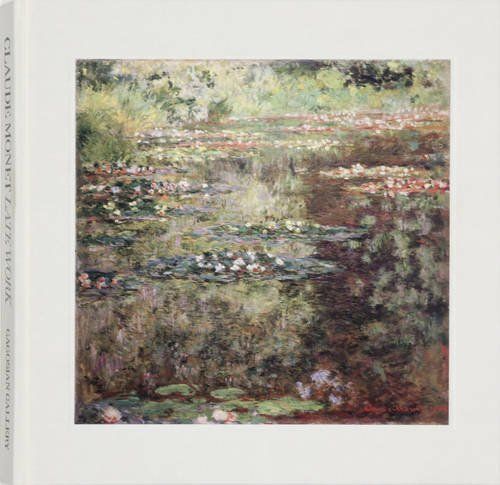
Claude Monet Late Work
In May of 2010, Gagosian Gallery presented the most significant gathering of late Claude Monet paintings in New York in more than thirty years. The catalogue for the exhibition that the New York Times described as "a gorgeous 'where on earth did this come from?' show," focuses on important subjects drawn from the artist's gardens at Giverny. Nymphéas, Le pont japonais, and L'allée de rosiers are among the most treasured paintings of Monet's long and prodigious career. Reproduced in luscious color are early Nymphéas that were first shown in 1909 at the Galerie Durand-Ruel to great critical acclaim. From these delicate, poetic paintings follow the more experimental post-1914 paintings, which were never exhibited during the artist's lifetime. In addition to the 27 sumptuous colour plates, the catalogue is illustrated by numerous colour images of paintings, as well as black-and-white historical photos. It includes a new essay by Paul Hayes Tucker, one of the foremost authorities on Monet and curator of the exhibition; an extract from Michel Butor's seminal 1962 text, "Monet, or the World Turned Upside Down" and a detailed chronology of Monet's life and exhibitions while at Giverny written by leading Monet scholar Charles Stuckey. Also included is a compendium of historical reviews that have been translated from their original French, Italian, or German language and which have been assembled for the first time by Claire Durand-Ruel Snollaerts.